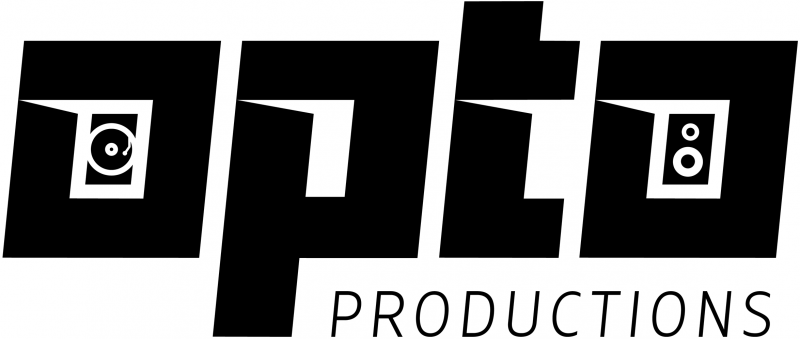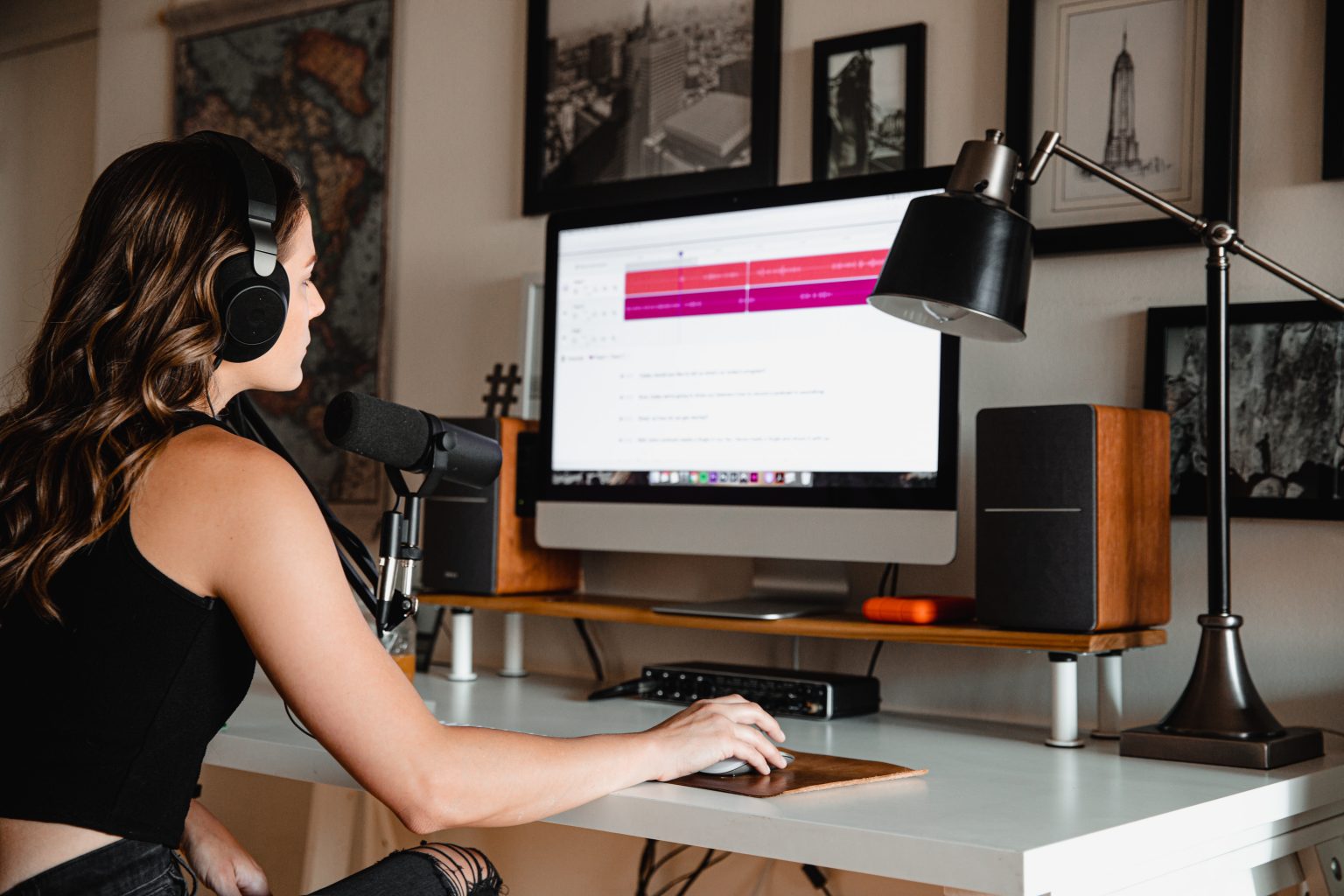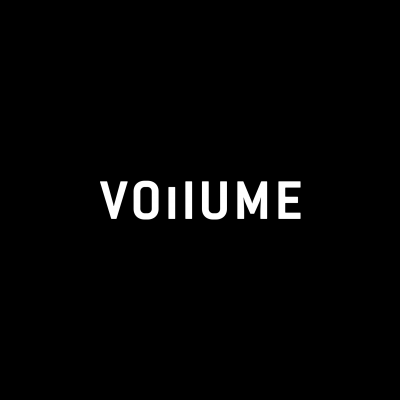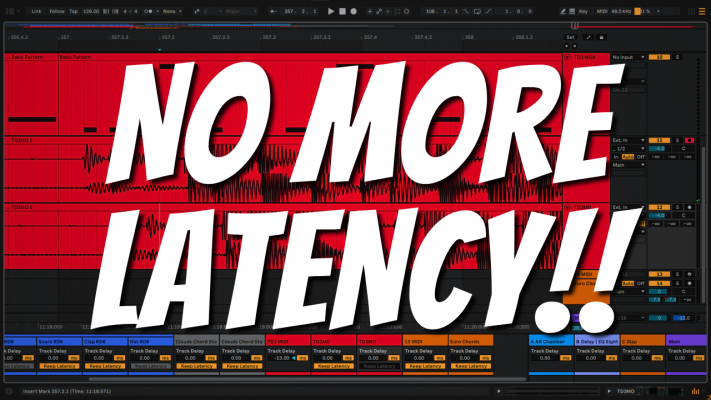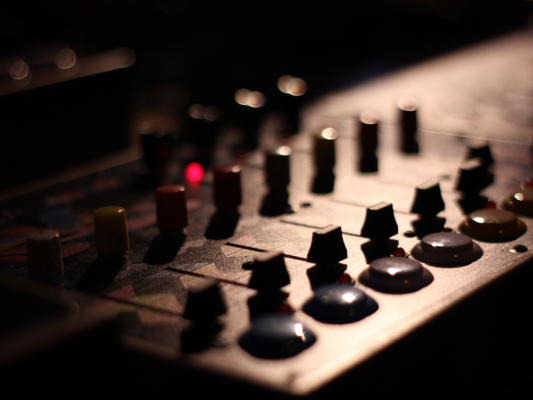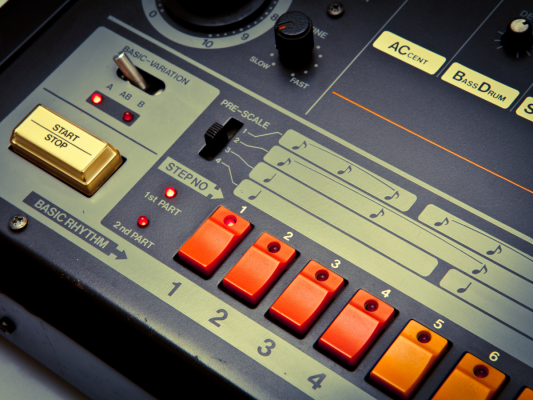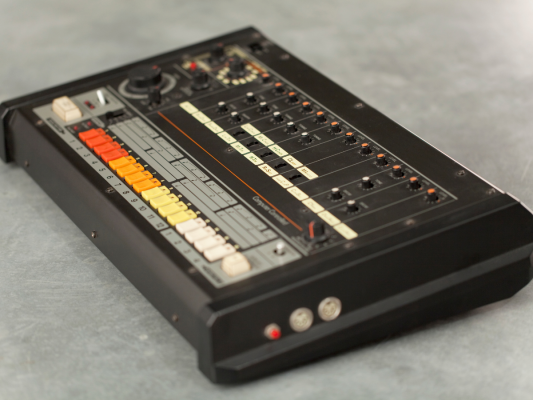Article & Graphics by Alexander Forsey | @alexdotpsd | Alexforsey.uk
The word ‘leak’ is enough to send shivers down any music industry player’s spine. A leak can raze years of carefully planned work to the ground in a single moment, lower the trajectory and impact of an important release, or kickstart an artist’s career. A leak can be accidental, or deliberate; it could go viral, or be unnoticed — so what does it mean to leak something?
A leak in the music industry refers to material being made available to the public without official consent. It can include both content that was intended for release, and also content that was never meant to see the light of day. Material can theoretically leak at any stage of a project’s lifespan, from the recording session, all the way up to release week, and nobody is immune to them. Historically, leaks occurred most often when music was distributed to press for reviews and features, however as new content-sharing platforms appear daily, the channels through which material can seep have multiplied tenfold since the days of promo CDs and watermarks.
Conception
At the earliest stage of a song’s lifespan, music can leak whilst it’s actually being recorded. In the age of livestreams and questionable entourages, artists and producers are becoming stricter with their rules and regulations about studio conduct to prevent any audio leaking out of what is considered to many a sacred space. Metro Boomin forbids any form of social media whilst in the studio, even writing this rule in braille outside his studio; Kanye West — always one step ahead — famously banned Tweeting during the recording process of My Beautiful Dark Twisted Fantasy back in 2010. Whether it’s a muffled audio snippet or an innocent photo that just happens to include a whiteboard containing a list of titles that will eventually form a tracklist, it’s important to be as mindful of what’s going on outside of the booth as much as you are with what’s happening inside. Unpaid fees may also result in raw material being leaked by disgruntled studio staff and engineers, so keep these behind-the-scenes people on your side by paying on time and being respectful with the spaces you’re using.
The Artist
Before the days of TikTok dictating what media will thrive in any given week and being an independent musician became a viable career path, ‘artist vs label’ disputes were weekly occurrences. Formally seen as obligate mutualisms, the actuality that labels held all the power became all the more real during the messy, early days of Twitter, where artists could easily voice their unfiltered thoughts without having to go through 10 levels of clearance. In August 2013, for example, Sri-Lankan artist M.I.A. took to Twitter and threatened to leak her hotly-anticipated album, Matangi, after almost a year of back and forth with her label, Interscope. The gumption on display evidently paid off, and shortly after a release date was publicly announced. As unusual a situation as an artist holding their label hostage seems, it’s not too cynical to question the authenticity of this threat, especially when leaks have almost become a marketing tactic of their own.
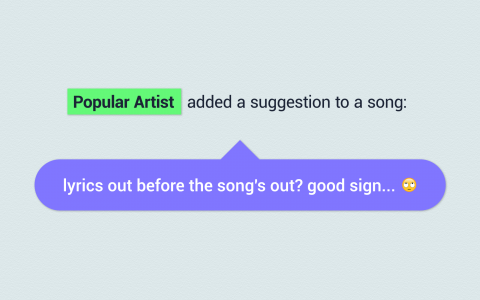
A ‘carefully-timed leak’ has become a known way for labels and artists to generate some early buzz for a release, or gather feedback from the public whilst shaping the sound of a project. After disputes with her label in 2013 over the choice of lead single for her contentious third studio album, ARTPOP, American pop star Lady Gaga leaked one of the tracks on a burner Soundcloud account. Social media was set ablaze with discussion, with the leak being covered extensively by media outlets. The track even received radio airplay, unheard of for a leak given the possible ramifications, but clearly deemed a justifiable choice given the interest. A video of fans playing the song next to the visibly upset artist further fueled the illusion of this being an unauthorised breach. It wasn’t until several years later that the singer admitted to leaking it herself. The data this response generated evidently solidified the label’s decision to choose another song to spearhead the album campaign, though the chosen lead single Applause also famously leaked a week before its planned release despite an intense fan-led campaign to ‘plug’ the leaks.
The Fanbase
Fans are both an artist’s best friend and worst enemy when content leaks. The loyal will rally, forming execution squads to report illegally-shared uploads directly to the artist’s camp with military precision, whilst quiet whispers of “who has a link? 👀” spill out from the less morally-bound fans, keen to hear new content from their favourite artist. Some leaks you won’t even hear about, wiped off the internet by the combined effort of fans and labels.
Fanbases — by definition being the most loyal supporters of an artist — are also a common source of unreleased material leaking. From impersonating a member of the artist’s team to dupe producers into sharing unused audio files, to sifting through repertoire websites for hours for any morsel of information, boundaries are often meaningless to the corrupt few. Whilst sometimes knowing about the existence of an unreleased song is enough for most, more nefarious followers are able to do a lot more with this information. Some musicians won’t even mention the name of projects out of fear of them being found hidden on the thousand-and-first page of a sync website with a security system last updated over a decade ago, though this doesn’t always stop fans. American artist Zella Day saw her 2015 album Kicker leak before a title had even been announced, though due to her obscurity as a yet-undebuted artist, the leak went unnoticed. This wasn’t true however for American superstar Madonna, who in the same year had to rush release the first half of her thirteenth studio album, Rebel Heart, after hackers began leaking both complete and raw session files months in advance. Though the hacker was jailed, she described feeling violated by the leak in an interview with The New York Times.
Even when files are shared privately amongst the most loyal fans who harbour no intentions of ever leaking them, this false sense of ownership over something exclusive is often too much to keep a secret, with sites like Genius being filled with lyrics for songs you can’t find on Google, as though the uploader is saying “I might never share it, but I want you to know I have it.” But what if the material won’t ever be released in an official capacity, why does it matter if it leaks? The answer lies in why it wasn’t released, production disputes (unpaid producer fees, sample clearances) for example might land the artist in hot water legally; problematic lyrics written years ago could impact the artist’s favour with their current fanbase; bad memories could resurface and affect the artist’s health in ways fans won’t see. Even if there isn’t a reason, and as seen in the case of Madonna’s Rebel Heart, a leak can be immensely violating. Larger questions about security, safety and the people you surround yourself with undoubtedly arise when music that hasn’t left your laptop is trending on Twitter.
Modern Solutions
The anonymous nature of social media allows for any hacker to break into an artist’s email and leak every single attached file they can find, all in the same breath, usually without consequence. Every time a label employee emails a file to another label employee, the likelihood of these files falling into the wrong hands increases. Formally secure cloud-based hosting sites are becoming as vulnerable as your parent’s Facebook profiles. The rise of accessible streaming services has reduced the need for many to pirate music (at the cost of income to the artist), but hackers will always be around as long as money can be made, and leaks will always exist as long as people are there to listen to them — so what can artists do to keep their music secure?
Arguably the best way is to rethink how you store and share your files with others. Consider an unshared private Soundcloud upload, which is already vulnerable due to a lack of encryption, but after you share it with one friend, the points at which your music can be intercepted can theoretically multiply infinitely so long as that link is active. For every person with the link, that’s one more vulnerability added to the list. By adding further lines of protection, you can tighten your control over your files.
Specialist media managers such as Vollume Control, which offers 128Bit AES Encryption for all uploaded files are the future of leak-proof projects. You can control exactly who is able to view the files you share, and with further options like password-protected link sharing, the ability to set expiration dates for your URLs, and toggleable download enabling, you can control exactly who listens to your music, how they listen to it, and when they can listen to it. You can download Vollume Control for free at: www.vollume.com
